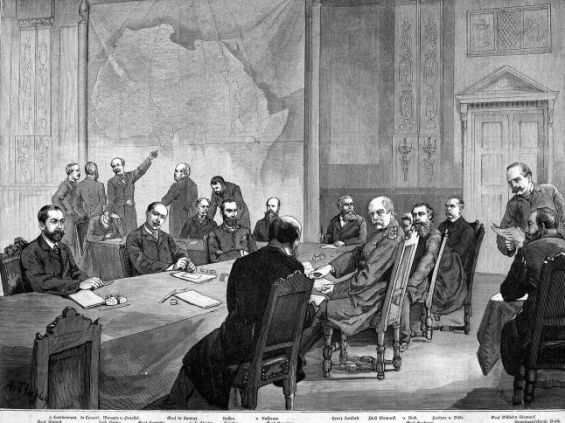At the Berlin Conference, which regulated European colonization in Africa by the end of the 19th century, Spain claimed the Sahara, declaring a protectorate from Cape Blanc to Cape Bojador on 26 December 1884.
By January 1885, Spain informed the other European powers that it had started establishing trading ports and military presence in the Sahara. Thus Spain’s colonization of the Sahara started, extending from 1884 until 1976.
During all these years, however, the Iberian Peninsula has thought of selling the territory. The idea emerged following the Spanish-American War, an armed conflict between Spain and the United States in 1898.
Selling its colonies
Defeated, Spain lost its Pacific possessions to the United States and started thinking of selling other colonies. In 1898, the country started negotiating the possibility of selling the Sahara to the Austro-Hungarian Empire, a dual-monarchy and then-great power in Central Europe.
Austria-Hungary was the only European power that was unable to gain large colonies. And unlike Spain, the Empire was unable to establish an African colony. Historical accounts report that, indeed, «in the wake of its disastrous defeat at the hands of the United States in the Pacific and the Caribbean, Spain considered divesting itself of its remaining colonies».
Negotiations were carried between the Spanish authorities and the Austro-Hungarian Colonial Society. In his book, «The Naval Policy of Austria-Hungary, 1867-1918: Navalism, Industrial Development, and the Politics of Dualism», Lawrence Sondhaus recalls that «the society’s vice president, Ernst Fanz Weisl, negotiated a deal with the complicity of Goluchowsky (Between 1895 and 1906 he served as the Minister of Foreign Affairs of Austria-Hungary) and lesser foreign ministry officials».
Saying no to the Sahara
However, Spain’s efforts to reduce its colonies and recover from its defeat was never achieved. The historian indicates that Budapest ended up cutting these negotiations short and «vetoed the sale on the eve of its consummation».
According to Sondhaus, «while it would not have been much of an economic asset, the arid colony on the Atlantic coast of Africa south of Morocco would have opened new strategic horizons for Austria-Hungary».
Rio de Oro’s port could have offered the Austria-Hungary fleet a base «on the Tropical of Cancer some three hundred miles due south of the Canary Islands», the same book reported.
Talks to buy the Sahara were dismissed, mainly because of the Hungarian part of the Empire. Being a dual-monarchy, the Hungarian part «did not wish to spend money on something it felt would disproportionally benefit the Austrian half», reported History Matters in a video.
The other reason that prevented the European empire from purchasing the Sahara was the vision of Franz Joseph, the Emperor of Austria. According to the same source, the Emperor «wanted nothing to do with colonialism in general and was much more concerned with keeping the Empire together».




 chargement...
chargement...












